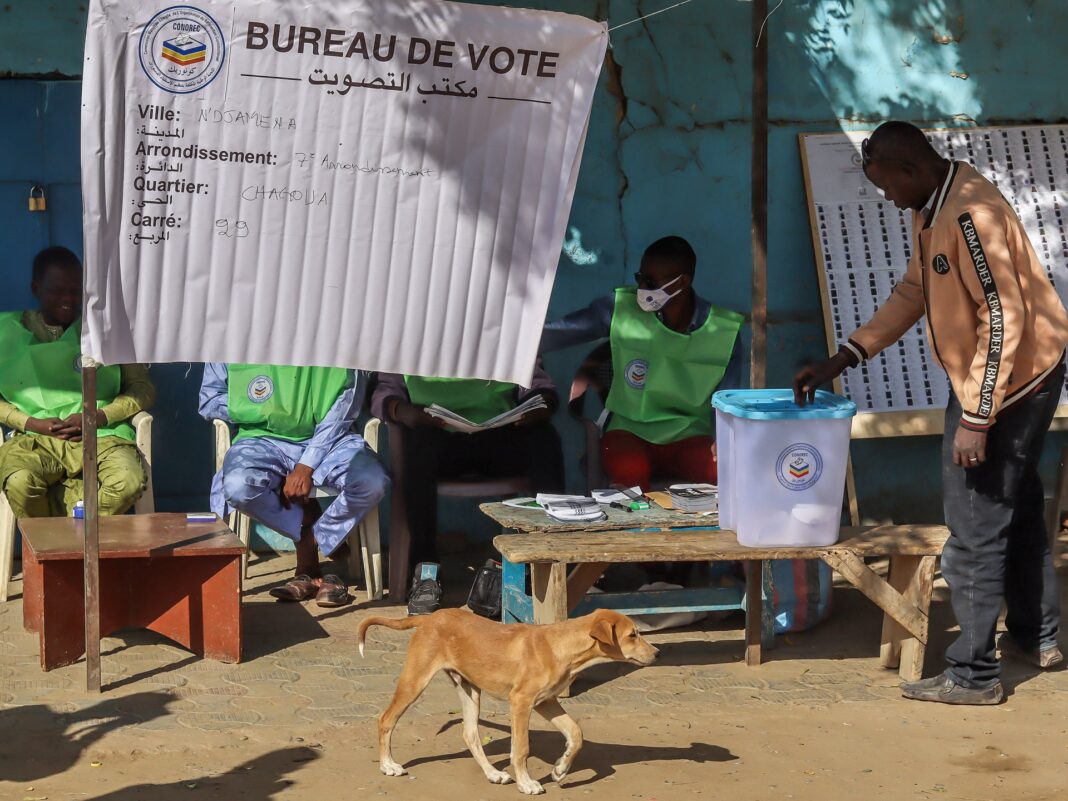Referendum held earlier this month has been approved by 86 percent of voters, say the officials.
Chadians have voted in favour of a new constitution that critics say could help consolidate the power of military leader Mahamat Idriss Deby.
The referendum held earlier this month was approved by 86 percent of voters, the government commission that organised it said on Sunday.
Voter turnout was about 64 percent, it said.
Chad’s military authorities have called the vote a vital stepping-stone to elections next year – a long-promised return to democratic rule after they seized power in 2021 when former President Idriss Deby was killed on the battlefield during a conflict with rebels.
The new constitution will maintain a unitary state, which Chad has had since independence, while establishing autonomous communities with local assemblies and councils of traditional chiefdoms among other changes.
But some of its opponents had called for the creation of a federal state, saying it would help spur development in the oil-producing, yet impoverished country.
Several opposition groups called for a boycott of the vote, saying the military had too much control over the referendum process, and calling it “a farce” for the military leadership to hold on to power.
Supporters argued the new constitution does offer more independence as it allows Chadians to choose their local representatives and collect local taxes for the first time.
“These people talking about a federation simply want to divide Chadians into micro-states and fuel hatred between communities,” said Haroun Kabadi, coordinator of groups voting “Yes”.
The army had suspended the constitution after Deby’s death and dissolved the parliament.
Deby’s son, Mahamat Idriss Deby, was then installed by the military as interim president at the helm of a Transitional Military Council.
Decades of instability since Chad’s independence in 1960 have hampered development in the central African country, where nearly 40 percent of its 16 million people are dependent on humanitarian aid.







